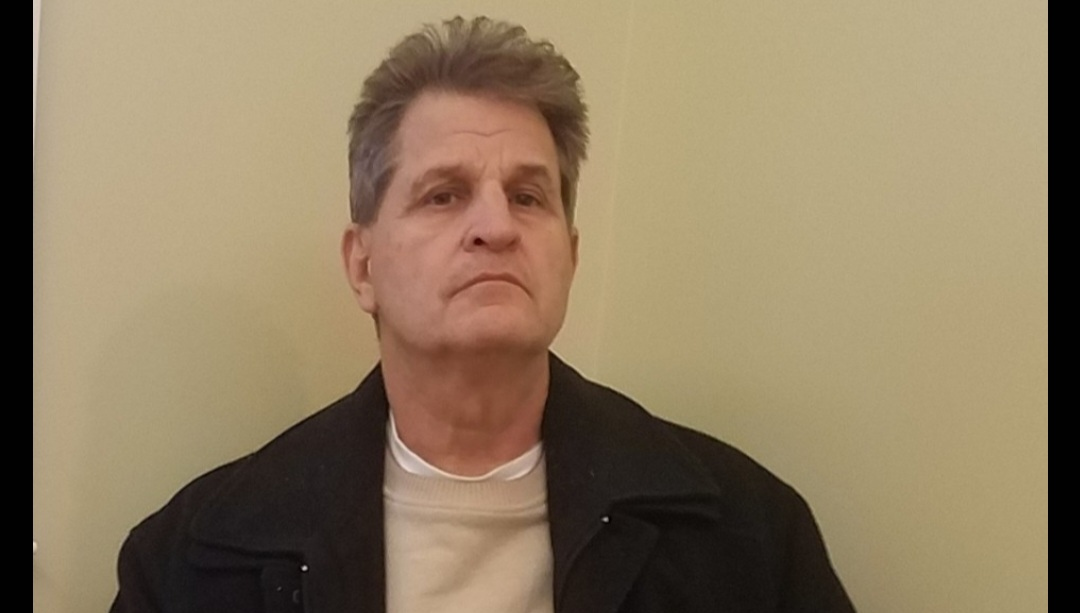President Obama greets Patti LaBelle tonight
Performance started shortly after 7:34 P.M. EST Tonight Watch Livestreaming
THE PRESIDENT: Hello, everybody! (Applause.) Welcome to the White House for the latest in our series celebrating the music that has shaped our American story. And as someone who always shares this house with brilliant, creative, talented, somewhat stubborn women –(laughter) — I think Women’s History Month is the perfect time to honor a few more: the Women of Soul. (Applause.)
This is a really good lineup. And I want to thank our performers for this evening. They are fantastic. We’ve got Tessanne Chin here. (Applause.) We’ve got Melissa Etheridge. (Applause.) We’ve got Aretha Franklin. (Applause.) We’ve got Ariana Grande. (Applause.) Ms. Patti LaBelle. (Applause.) Janelle Monae. (Applause.) And Ms. Jill Scott. (Applause.) That is a lineup. I can’t wait. (Laughter.)
Finally, I want to make a quick public service announcement. When Aretha Franklin first walked into Fame Studio in 1967, most of the other musicians had never heard her sing live before. When they did, one of them said, “The floors rumbled and the walls shook. My brain shook. It was magic.” So my advice to everyone tonight is simple: Hang on. (Laughter.) The Queen of Soul is in the building. If she blows your mind, it will be okay. (Laughter.)
But that’s what soul music does. It makes us move and it makes us feel. To quote Jill Scott, “Soul music is about reaching and touching people on a human level.”
For many of the performers here tonight, it all began on Sunday morning. Growing up in Detroit, Aretha sang at her father’s church, and recorded her first album at that church when she was just 14 years old. Patti LaBelle was painfully shy — I cannot believe that, but this is what I’ve been told –(laughter) — until she sang a solo in front of the congregation, and got a standing ovation. That’s when she realized she could do something special.
Eventually, artists like Aretha and Patti began mixing gospel with R&B, and rock and pop. Instead of singing about love and pain, forgiveness and acceptance to a church audience, they sang about them to the world. And the world had never heard anything like it.
When Aretha first told us what “R.E.S.P.E.C.T.” meant to her, she had no idea it would become a rallying cry for African Americans, and women, and then everyone who felt marginalized because of what they looked like or who they loved. They wanted some respect. Later, when somebody asked her why it had such an impact, she said, “I guess everybody just wants a little respect.” (Laughter.)
Today, they still do. Aretha had already won 11 Grammys by the time Janelle Monae was born. But as a teenager struggling to make it in New York, Janelle worked as a maid, singing for the other women as they cleaned houses together. And she says the experience inspired her to write music for people like them — “because they need it the most.”
And when Melissa Etheridge was growing up, she fell in love with artists who had something to say. She remembers thinking, “I can’t wait until I get up there and sing the truth.”
And ultimately, that’s what soul is all about — telling some truth. And tonight, we’re in for a healthy dose of truth — (laughter) — from some of the finest voices there are.
So without further ado, I’d like to introduce a true American treasure, the one and only Miss Patti LaBelle.








